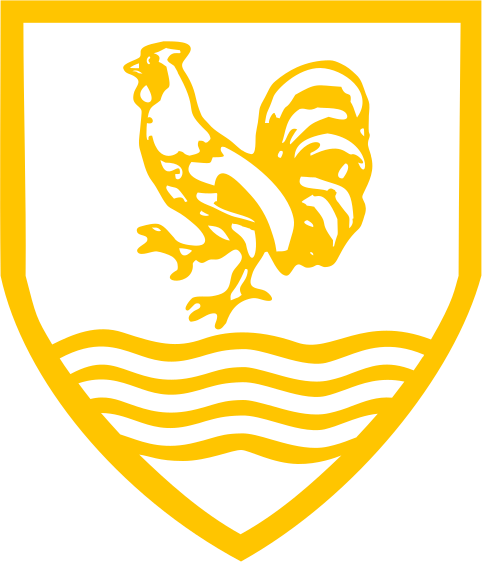Pupil Parliament
At Plat Douet School, we believe that every child’s voice matters. Our Pupil Parliament plays a central role in our school community, giving children the opportunity to lead real change within their school, represent their peers in class, and build the skills needed to become confident, articulate young pupils.
Rooted in the democratic structure of the Jersey States Chamber, our Pupil Parliament mirrors real government roles to educate pupils on their understanding of the roles within our government here in Jersey and participate in real life decision-making. Alongside this, our approach is central to the Voice 21 Oracy framework, helping children speak, listen, debate, and lead with confidence.
The information below outlines exactly what our Pupil Parliament looks like at Plat Douet and will give you an insight into how it works:
Roles & Responsibilities:
There are 18 members in the Pupil Parliament, representing every year group from Year 1 to Year 6. Each member takes on a role inspired by Jersey’s parliamentary system:
The Bailiff: Chairs the parliament, facilitates debate, and ensures respectful, structured dialogue.
- Chief Minister: Leads the parliament, supports collaboration, and drives positive change.
- Deputy Chief Minister: Assists the Chief Minister in managing ideas and coordinating discussions.
- Connétables: Represent classes or year groups, gathering and sharing pupil voice.
- Deputies: Speak on behalf of their peers and present class feedback to the parliament.
- Greffier: Acts as the official clerk, recording meeting minutes and keeping Parliament organised.
These roles help children develop a wide range of skills including public speaking, active listening, turn-taking, questioning, and reasoning — all key elements of oracy.
Our Voice 21, Oracy Approach:
Our Pupil Parliament is a vibrant example of how we embed oracy across school life.
Through regular meetings, presentations, debates, and discussions with not just other pupils in school but regular, important visitors too:
- Use a formal tone and structured talk strategies.
- Build confidence to speak in front of others.
- Develop a wide and appropriate vocabulary to express their ideas clearly.
- Learn how to listen actively and respond respectfully - following our discussion guidelines,
- Take part in group discussion, collaborative decision-making, and democratic processes.
We use Voice 21’s four strands of oracy development — physical, linguistic, cognitive, and social & emotional to guide and support our young leaders as they grow their communication skills.
Our New School Uniform:
One of the Parliament’s proudest achievements this academic year has been the design and implementation of a new school uniform. This project involved:
- Collecting ideas and feedback from pupils across the school through surveys and regular Pupil Parliament meetings
- Meeting with the owner of Redvers in St Helier to discuss possible designs and materials.
- Leading class discussions and holding consultations.
- Presenting proposals and arguments during formal debate.
- Voting on the final decision inside the Jersey States Chamber with members of the real parliament present.
This process allowed our pupils to experience authentic democracy in action and demonstrated the true power of pupil voice and oracy to create lasting, meaningful change.
The Power of Student Voice
At Plat Douet, the Pupil Parliament is more than a group of student leaders - it’s a celebration of our children’s ability to think critically, speak confidently, challenge respectfully and share their opinion and voice their thoughts articulately.
By combining our priority of a high quality Oracy education with real-world democratic experiences, we are nurturing future leaders who know how to make their voices heard - thoughtfully, respectfully, and proudly.



